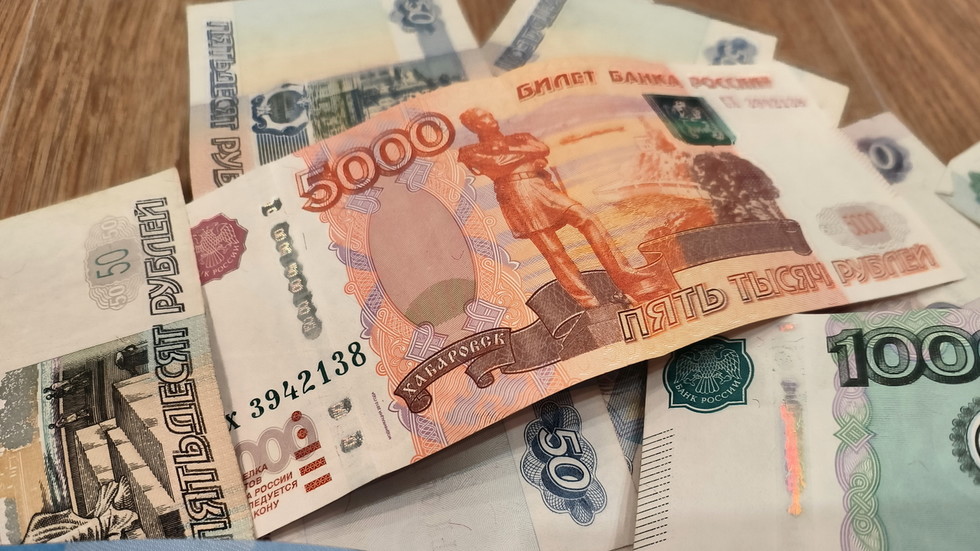
Almost 80% think plastic cards are more convenient for everyday use

FILE PHOTO. © Global Look Press / Maksim Konstantinov
More than half of Russians, especially young people and those who live in major urban areas, believe cash will not be around for long, a poll conducted by the country’s Public Opinion Research Center (VCIOM) has found.
The survey published on Wednesday found that 54% of respondents believe no one will use cash for daily operations in 20 years, compared to 37% who are skeptical. Those aged 18 to 24 and people living in cities with populations exceeding 1 million are more likely (60% and 63%, respectively) to believe that cash will disappear.
Nine in ten Russians (89%) already use plastic cards in their daily lives, mostly payroll and other types of debit cards. Around six in ten say they have increasingly relied on cards rather than cash for financial transactions over the past five years.

Almost 80% of the respondents said plastic cards are simply easier and more convenient than cash. A quarter noted the ability to buy goods online, as well as bonuses offered to card holders.
Only around 18% of Russians say they trust cards less than cash, for reasons ranging from fear of losing them to general distrust in banking services. Around 11% say they never use cards, including 5% in big cities and 19% in rural areas. Cards are least popular with elderly people – roughly a quarter of them prefer cash, the survey shows.
The survey was conducted by phone on March 16, 2024, and involved 1,600 respondents aged 18 and older. It found that the most popular banking products in Russia include debit cards (57%), money transfers (38%), credit cards (22%), various loans (15%), mortgages (7%), and foreign currency exchange (4%).




